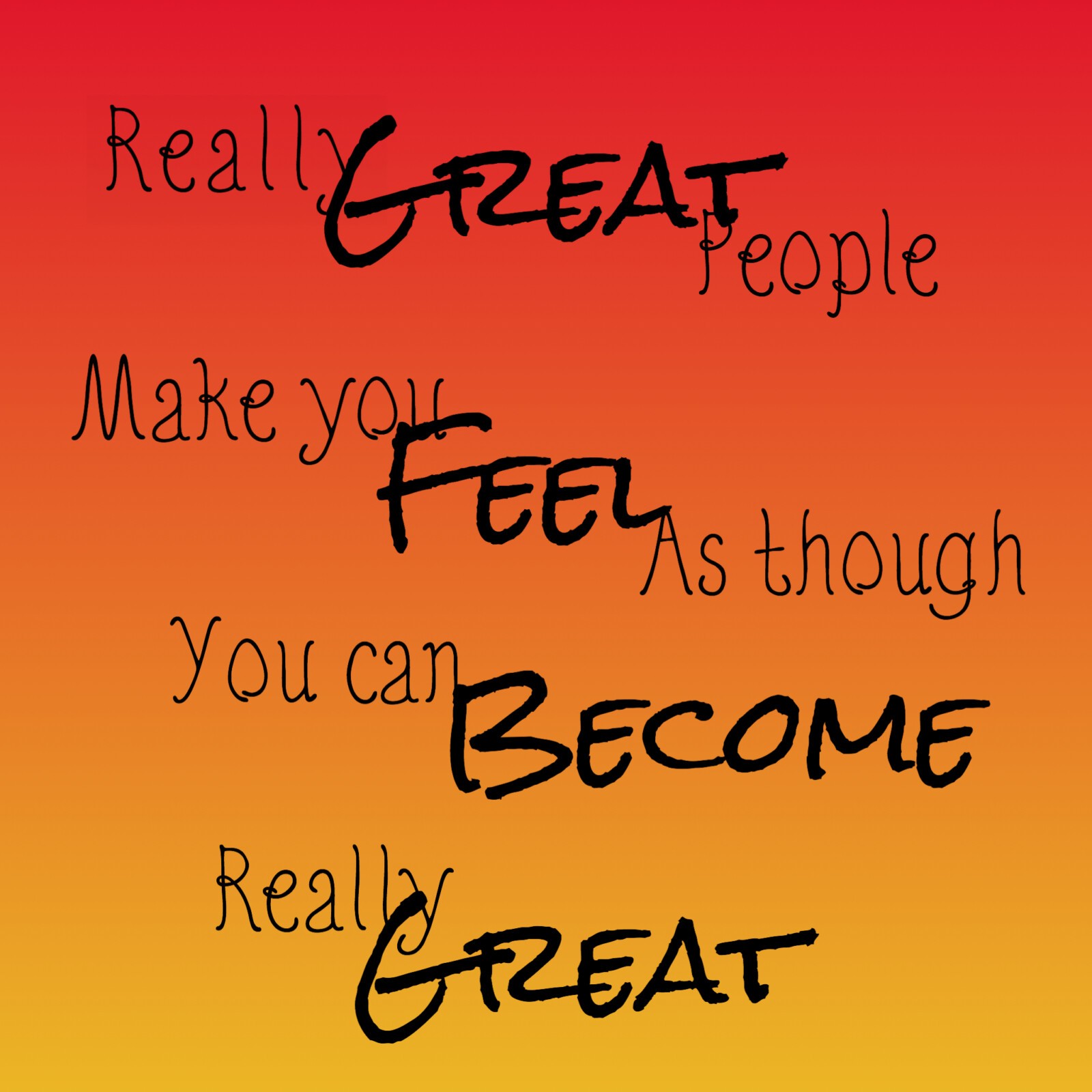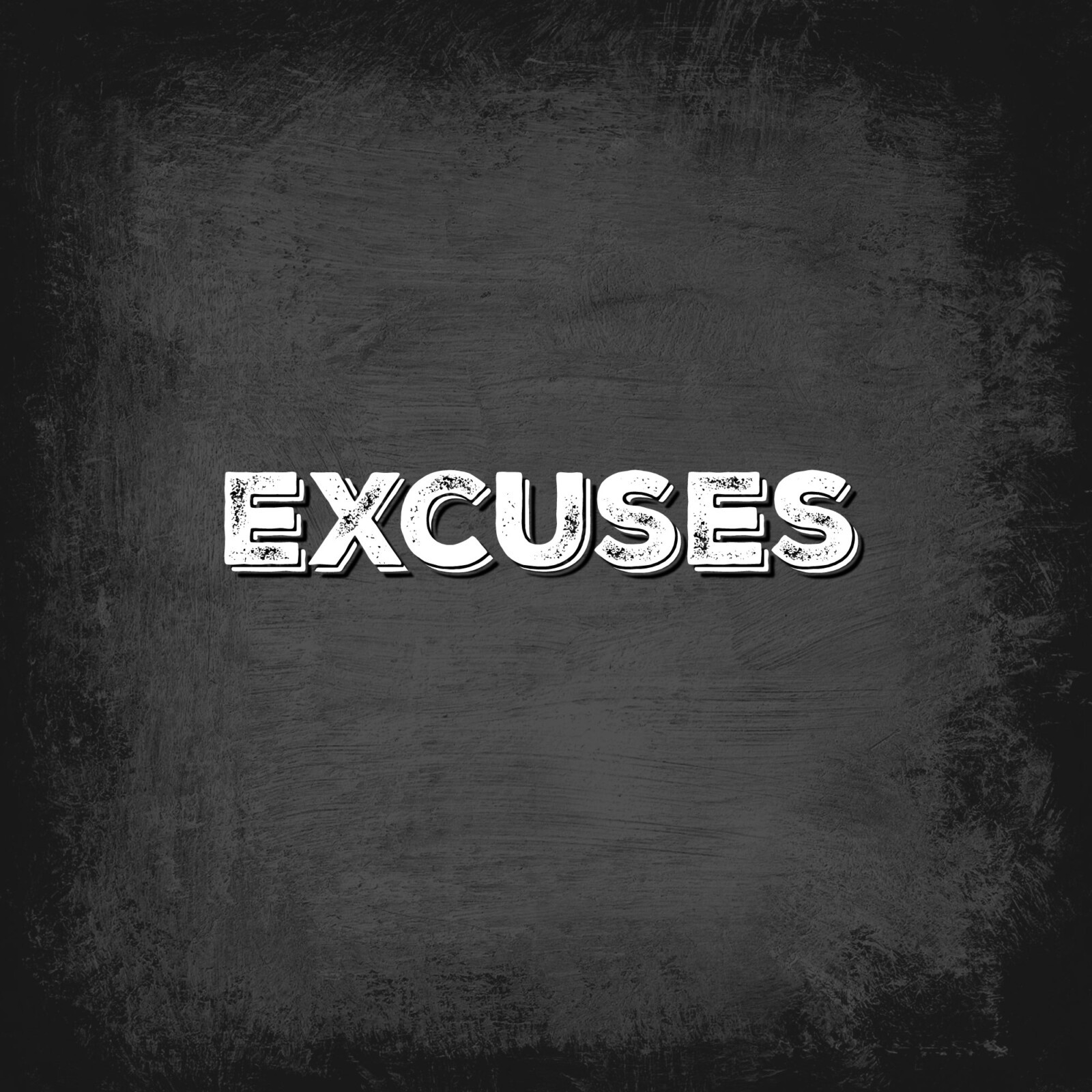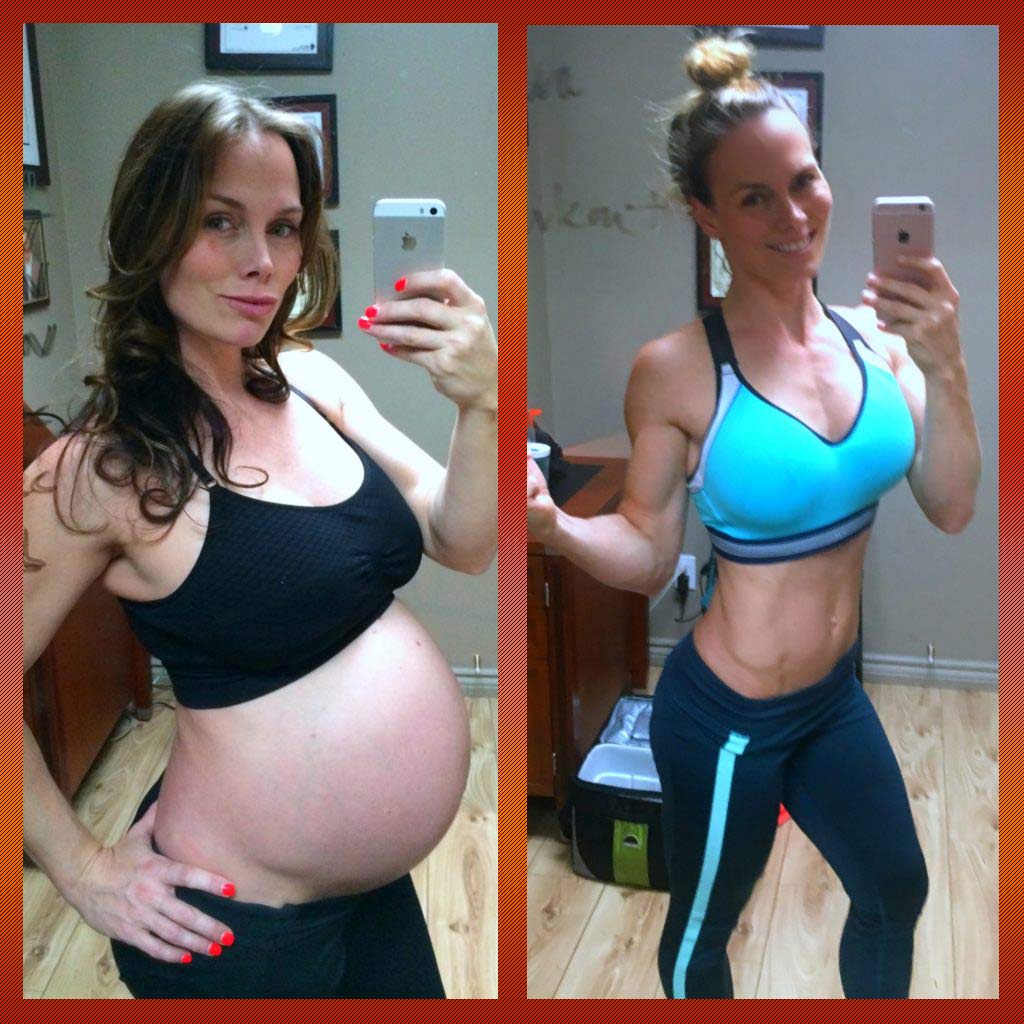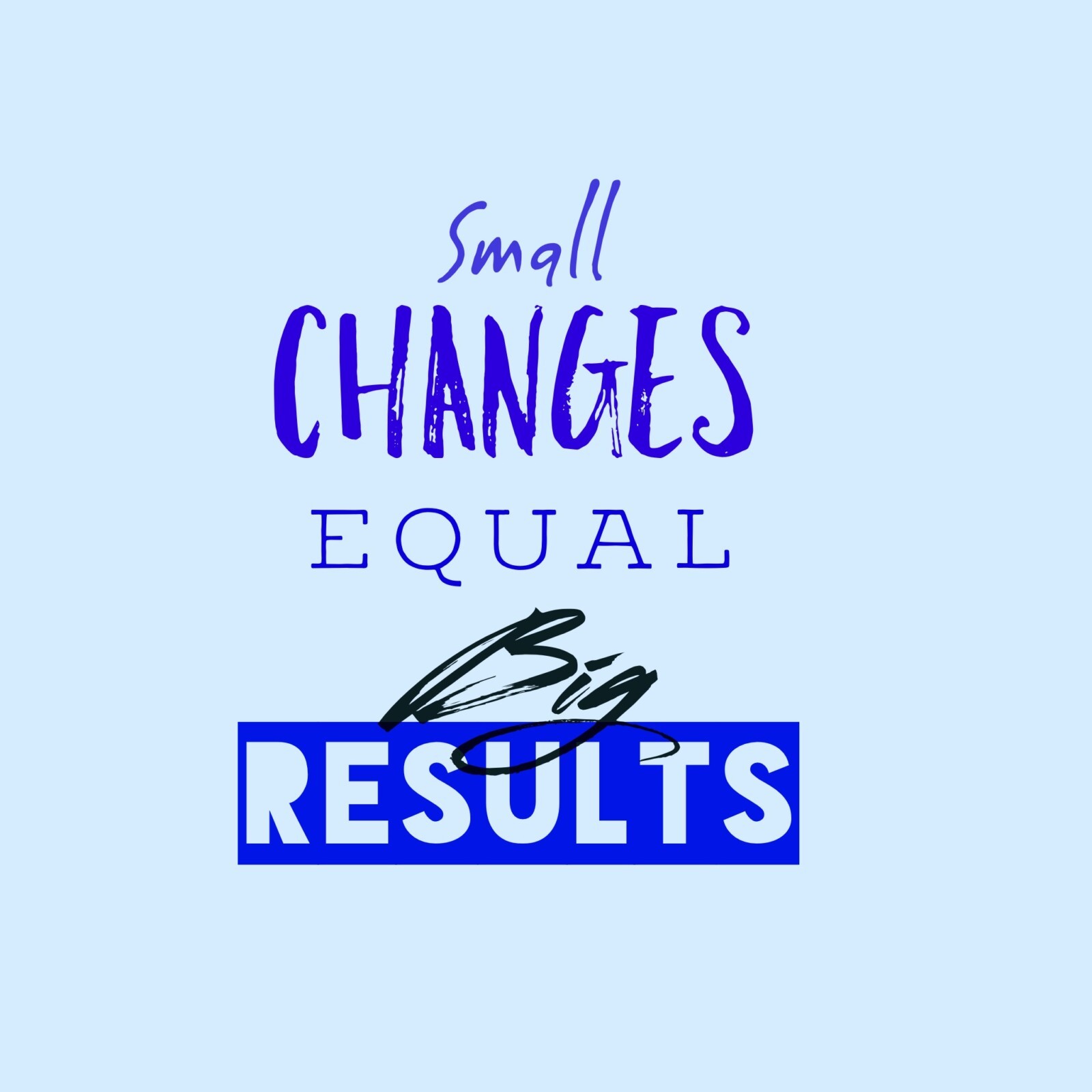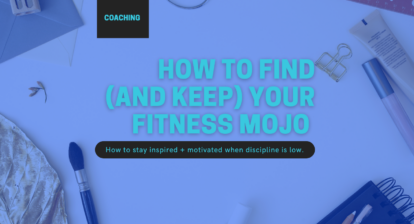Timeline to Achieve Your Goals: 5 Factors to Consider
I often train individuals who are beginners, or just want to lose a few pounds and feel better in their own skin. There are those individuals who want a compete in a physique show or who potentially want to compete, but those are not the majority of my clients.
Eventually the question, “How long is this going to take?”, comes up, and the answer is not a short sound bite. There are many variables to consider when it comes to how quickly you are going to achieve your goal. The best answer is always, “It depends”.
The results you see in a short 21 days, 30 days, or even 3 months physical transformations that are on late night TV always have small print at the bottom of the screen with an asterisk reporting “*results not typical”.
I must mention you need to establish clearly your goal, because if you are not sure of what you want, you will have a hard time coming up with a plan or strategy to lead you in the right direction.
Most of my clients have physique goals such as, fat loss or muscle gain (hypertrophy). I train clients with performance goals, such as hiking, running or just an increase in strength without much emphasis on fat loss, however, I will mainly focus this article on those with body comp goals in mind.
1. Previous Training History
- What is your background in strength (weight) training or sport performance?
- What is your spatial awareness?
- Do you have a strong mind/muscle connection?
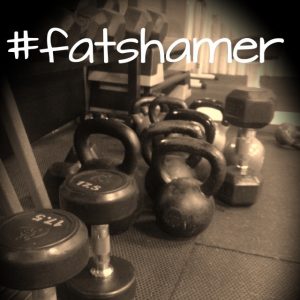
Weights will help reshape the body, and make you strong.
If you are a strict newbie (no weight training experience or even sport background) it might take a little longer to progress. You will need to learn movement patterns, how to contract your muscles and feel it in the right area, and how to train effectively in the gym.
Training (with or without weights) a skill, and like anything it requires practice. The more you practice the quicker you become good at something.
You cannot expect to be at the level of a PhD, without having gone through elementary school education. Same applies with training. You have to put in the time to become good at it.
The majority of people in the gym are beginner or intermediate trainees. Someone who is a former athlete or has even a modicum of experience with weight training can shorten the learning phase that newbies have to go through. Athletes, or even former athletes have a solid spatial awareness and mind muscle connection that those who are not so athletically inclined need to work towards. If you have practiced yoga/pilates, or any other form of ‘training’ you are a step ahead of those who have never participated consistently in any sport, activity or physique challenge.
If you are newbie take your time learning the basics – squats, lunges, deadlifts, pushups, pull-ups, rows, and planks. These exercises are your foundation, and everything else in the gym is an extension of these movements. Work on getting strong and practice solid technique on all exercises. Both are required tools used to progress you to your goals.
2. Current Training Strategy
- Is your training supporting your goals?
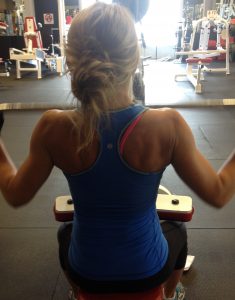
Row, Row, Row your Back…
Training for aesthetic purposes such as getting lean, looking good naked or even competing in a physique show, is quite different than training your body for performance such running a marathon, doing a cross-fit, bootcamp race or even just adding muscle to the body.
These two criteria, aesthetic vs performance, do not have to be mutually exclusive, as there are plenty of athletes who look amazing. But, this is side effect to their training. They [athletes] don’t train to look good, they look good because of their training.
You don’t have to be a good runner, in order to have 6-pack abs. However, if you want both it does require some knowledge on how to balance the two without over taxing the body in terms of healing, recovery and possible injuries.
Frequently, I see individuals pair fat loss with some other performance related activity – like running or cross-fit, pure strength programs or hypertrophy. In the majority of cases (which means you) this strategy is a very bad idea.
The worst is when I see individuals doing a little bit of everything. This is essentially training ADD in which they program hop week to week, and achieve nothing but frustration with their lack of progress. “Muscle confusion” is a really poor strategy as it is means that you don’t actually become good at any movements to use them effectively toward your goals. You are constantly in a beginner learning phase.
Make sure your training is effectively designed to lead you towards your goals using optimal training strategies for that goal. If you are focusing on performance, fat loss or muscle gain, focus on one thing and then once the goal is achieved change goals and move on to a different focus.
3. Current Nutritional Strategy
- Are you eating less/the right foods/enough food to achieve your goals?
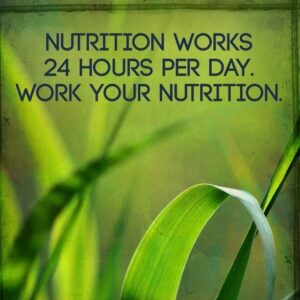
Compliance with your nutrition is THE essential component to achieving your body compositional goals. Whether it be to lose 5lbs, gain 5-10lbs of muscle, or get below 10% body fat, both quality and quantity of food matters.
See My Facebook page for Food Prep Ideas.
You have to do it even on the days you don’t feel like it.
You have to commit to the process.
Nutrition works 24 hours a day, and if training is generally one hour a day, what are you doing to achieve your goals the other 23 hours of the day?
Your performance can be negatively affected if your eating habits are not in line with your goals. You may feel lethargic when training, lack energy, impede recovery, and be susceptible to injury if you are not using your nutrition to support your training.
To see results in a reasonable amount of time, such as week to week, or month to month progress, nutrition has to be at the forefront of your training.
Consistency is key. Adherence is key.
If you are unwilling, or lazy in your approach, you’re not going to get the results you want and ultimately end up disappointed.
Infomercials you see for new weight training systems always include nutrition plans, as fat loss is primarily nutrition based.
Tracking your calories, and macronutrients, is a first step to evaluating if your nutrition is working for you. I recommend CalorieKing or My Fitness Pal food tracking applications.
4. Previous Nutritional Strategy
- What diets have you tried?
- Are you emotionally invested in food?
- How is your digestion?
- Do you have any food sensitivities or allergies?
As mentioned, nutritional compliance is the key to success when trying to lose body fat, yet, sometimes there are individuals who have dieted themselves into weight gain. Dieting history matters when trying to lose weight, and keep it off.
Often individuals have tried some sort of crash diet, only to regain the weight and then sum. This constant yo-yo of weight loss, and weight gain takes its toll on the body. The body is very smart and if you have done not-so-intelligent forms of ‘dieting’ the body will recognize this, and stop you from losing any weight. Most times people are too dramatic in cutting their calories in hopes of quick weight loss.
There may be an underlying, and unrecognized, emotional connection to food for comfort. The cause could be a whole host of issues such as stress, family, work, or some other self-esteem related reason for eating, unless these issues are addressed losing weight is going to be a battle.
Emotional Eating: Do you do it?
A mindset overhaul, and a re-education to the relationship with food need to happen, before consistent long-term weight loss can happen.
Digestion plays a role in successful weight loss. There could be sensitivities, intolerances,or an allergy to various foods that may have gone undiagnosed. Even as we age, digestion of those foods we once had no issue eating, can now cause heartburn, indigestion, bloating, water retention or loss, diarrhea, or cramping.
Most common food allergies/sensitivities include eggs, milk, nuts, food additives, wheat (gluten), and fish.
Keeping a dietary log of what you are eating, and how you feel, emotionally and physically, after eating certain foods will help pinpoint where their may be some sensitivities to various foods.
5. Frequency of Training
- How many days a week or hours per day can you devote to training?

The number of hours/days you can devote to training will determine how quickly you will see results.
Obviously the more effort you put into something, the quicker you will see results. If you are training 3 days per week, for an hour, imagine if you bumped that up to 4 days per week? Or 5 days per week?
It is understood that life happens, and work, stress, family, travel, and a whole host of life events can impede or interrupt getting to where you want to be.
Consistency will be a key factor here.
You cannot expect results for the work you did not do.
If you are strict beginner – 3-4 hours per week is a good start, intermediate 5-7 hours per week, and advance can be upwards of 10+ hours per week.
There is, of course, a level of diminishing returns. The body can only change or grow so fast. Results will not come quicker, if you just continue to add exercise. Injuries are often seen when individuals add to much frequency, volume or load too soon, and the body is just not prepared to handle that kind of pounding.
Note: Your frequency will be determine by other factors already mentioned, such as previous training status, what you are doing currently, and how consistent you are with your nutrition. If you are unsure, this is where hiring a professional to help guide you in your goals would help.
Summary
Getting to a desired goal takes time, effort and patience and consistency.
Your previous training history, current training strategy and your nutrition are key factors that will determine how quickly you’re going to get there.
With increased frequency of training you can progress quicker however there is always a level of diminishing returns. More exercise is not always better. Quality will always trump quantity.
Fad diets and fad training systems work for a short period of time but they never work forever.
Motivation is always highest for the first 6-8 weeks of something new. Use this to your advantage while you are inspired to train, so that you can see some good progress quickly hopefully motivating you to keep going.
For beginners, repeated practice with the basics, should be at the forefront of the journey. Then you can use these acquired tools to help you achieve your goals, set new ones, and move on to a more intermediate type of training.
Allison Ethier is an online trainer and contest prep coach. She also trains clients early am at Excellence Fitness Facility in Quebec, Canada. With over 16 years of competitive experience in fitness, she specializes in fat loss, muscle gain, and guiding individuals to their perfect body.
- Fat loss
- Muscle Gain
- Contest Prep
- NutClick Hereritional guidance
- Contest posing: Fitness, Figure, and Bikini
See further information on Services Page.
Feel free to contact me here:
[iphorm id=”4″ name=”Contact Form”]

